The Renault 4ever is set to launch in 2025 as a high-riding, compact crossover cousin to the new Renault 5 that is being readied for launch the year before, and as such will be priced at a premium, rather than as a budget, do-anything model in the vein of its forebear.
The original Renault 4 was produced from 1961 until 1994, but the new model will sit on the same CMF-BEV small car platform as the similarly sized 5, and sell at a premium price above it. Renault executives have previously indicated they are working to launch the 5 hatchback from around £18,500-£21,000, depending on material costs in 2024.
Company boss Luca de Meo confirmed long-rumoured plans to resurrect the Renault 4, which was originally produced from 1961 until 1994, earlier this year when Renault revealed new details of how it plans to make up to 90% of its European sales fully electric by 2030.
As previously reported by Autocar, whereas the 5 is conceived as a sporty hatch, the 4ever is likely to take the form of a compact crossover. As with the 5, it will feature what design boss Gilles Vidal refers to as “retro-modern” styling in a bid to give the car more appeal and drive greater margins.
“We learned a lot by being the first to market in Europe with an electric car, but they were expensive lessons,” CEO Luca de Meo said at the Munich motor show this week. “These cars must make a profit for us.”
The 4ever will be one of 10 new EVs Renault has pledged to launch by 2025, with Renault making much of its historic roots by calling it a timeless classic. Renault plans to make up to 90% of its European sales fully electric by 2030, but is pushing back on EU plans to end the sale of combustion-engined hybrids in 2035.
Both the 5 and 4ever are set to benefit from new battery and electric motor technology being developed by the Renault Group that, the firm says, will drive down the costs of small EVs. Renault claims this technology on the CMF-BEV platform will enable it to reduce the cost of the 5 by 33% compared with the similarly sized Renault Zoe.
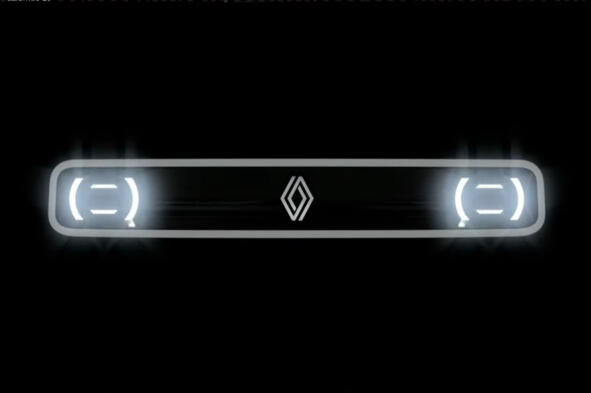
Meanwhile, the firm has confirmed that performance brand Alpine will launch its first EV in 2024, while the CMF-BEV platform will be used for a new Renault-badged electric van. While no details were revealed, an outline shown during the electropop presentation hinted that this would feature a design based on the classic Renault 4 Fourgonette panel van.
During the presentation, de Meo confirmed the Zoe will go out of production when its lifecycle ends in 2024. There’s currently no direct successor, although the 4ever and 5 will sell in a similar space in the market.

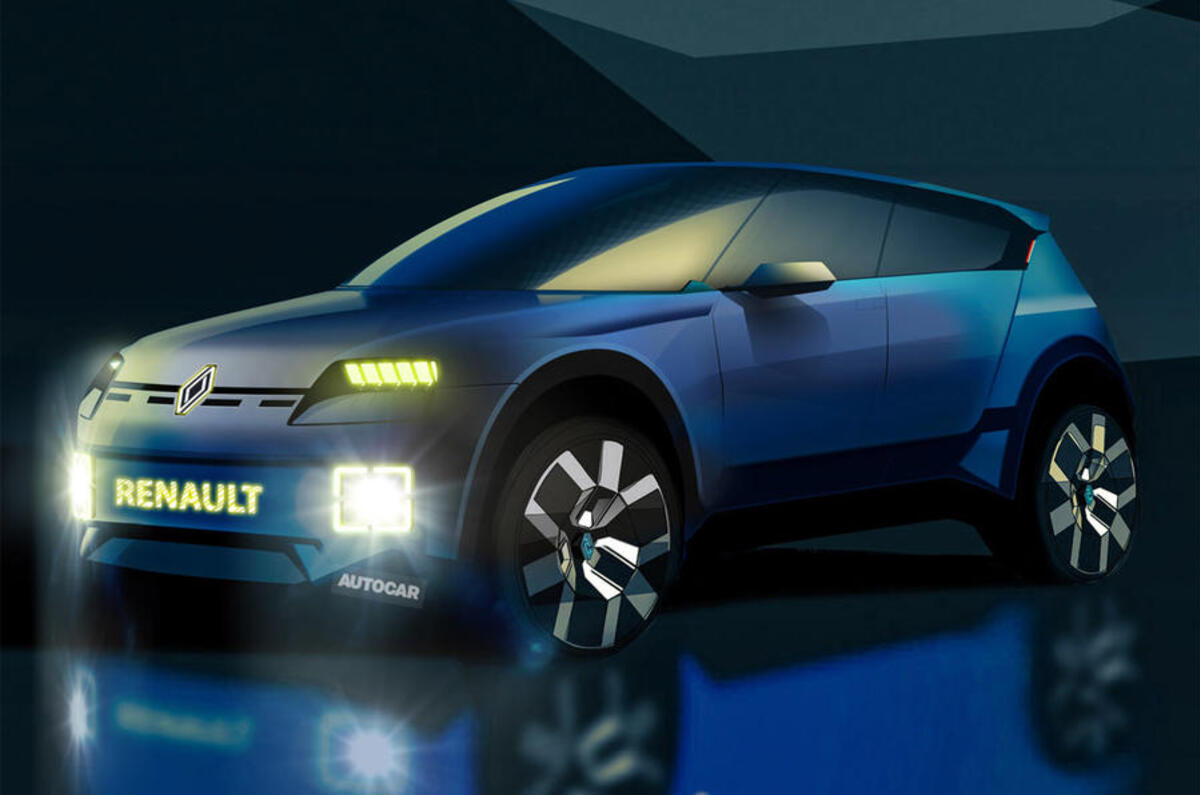
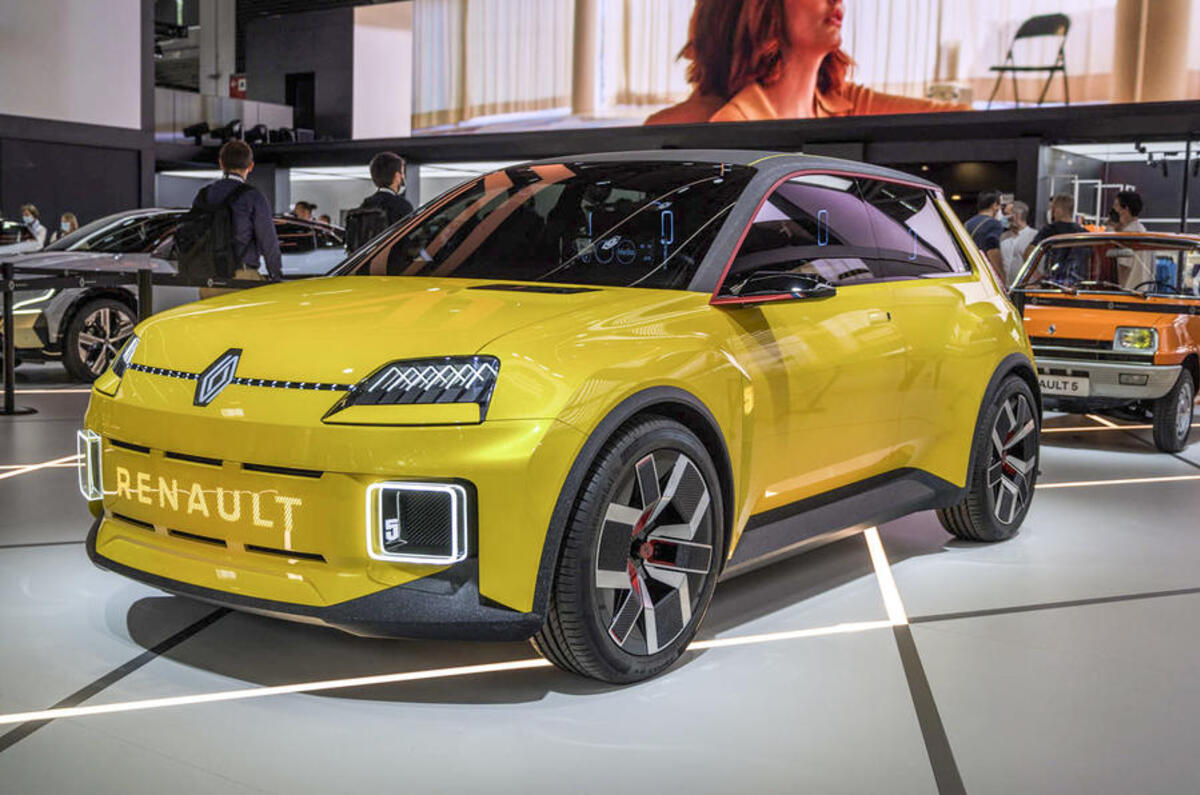
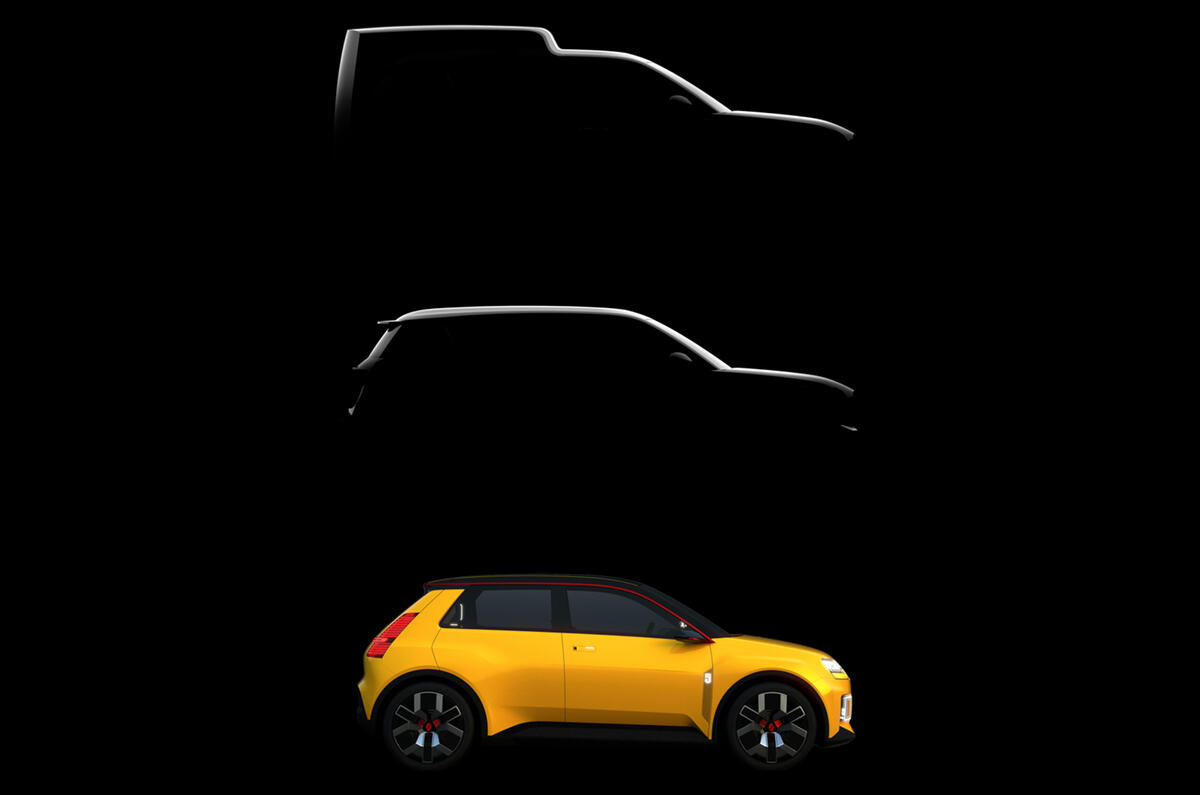
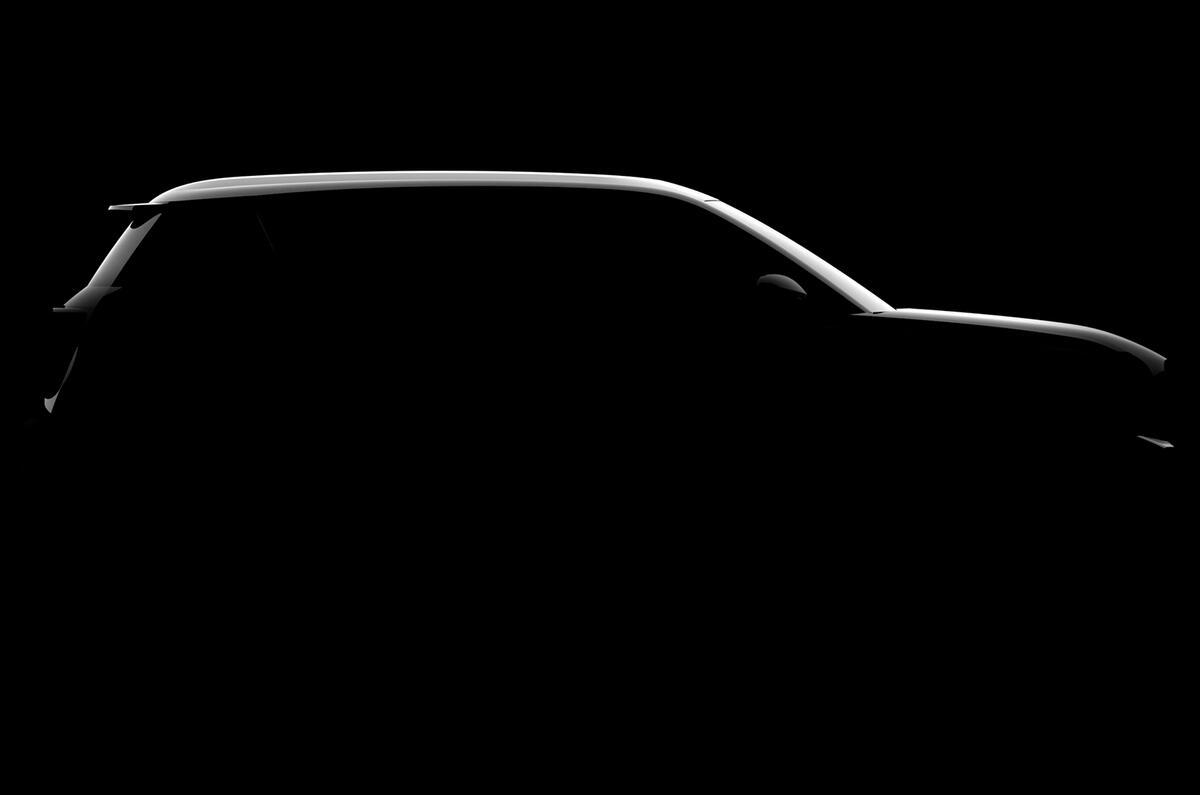
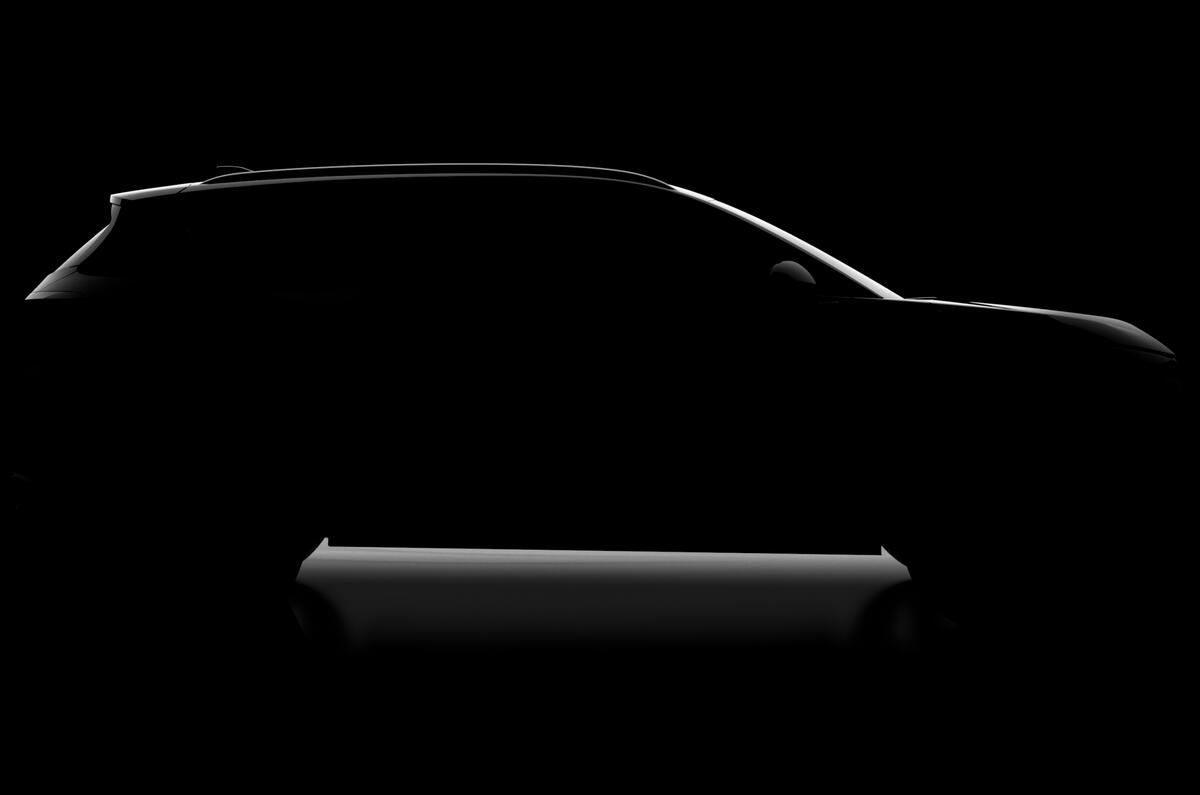
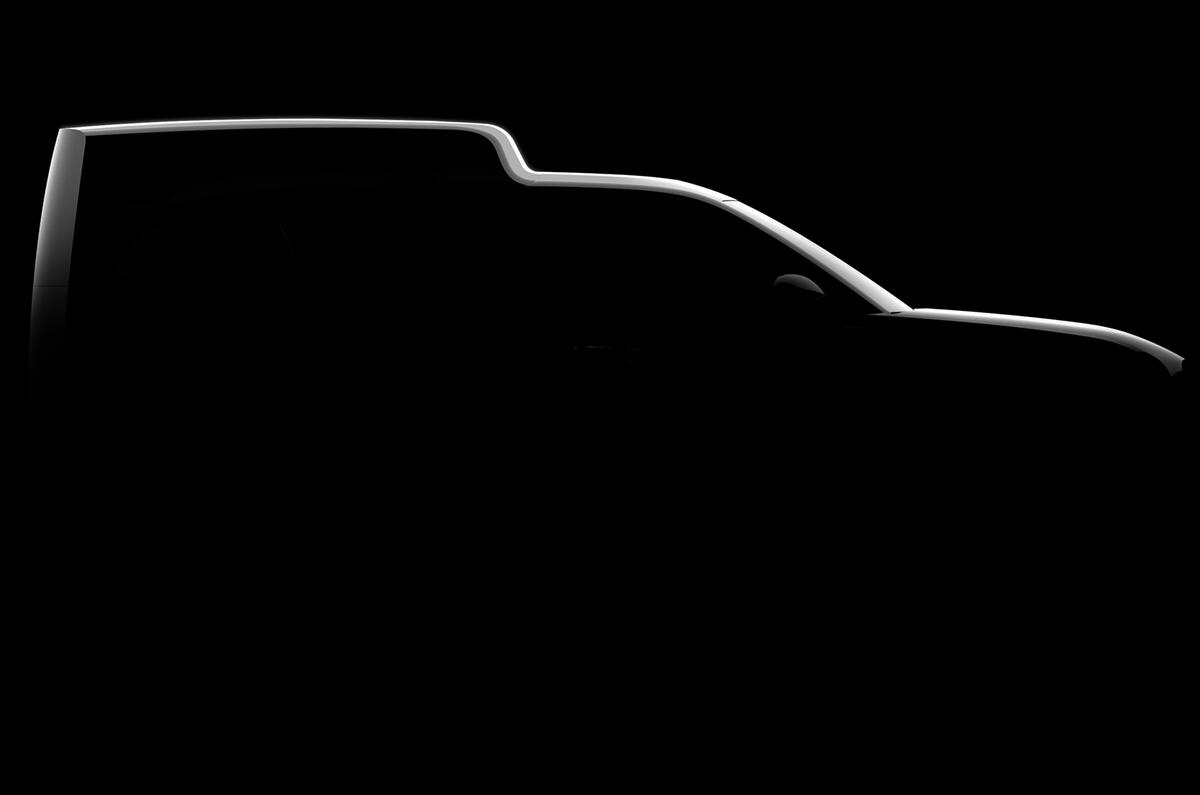
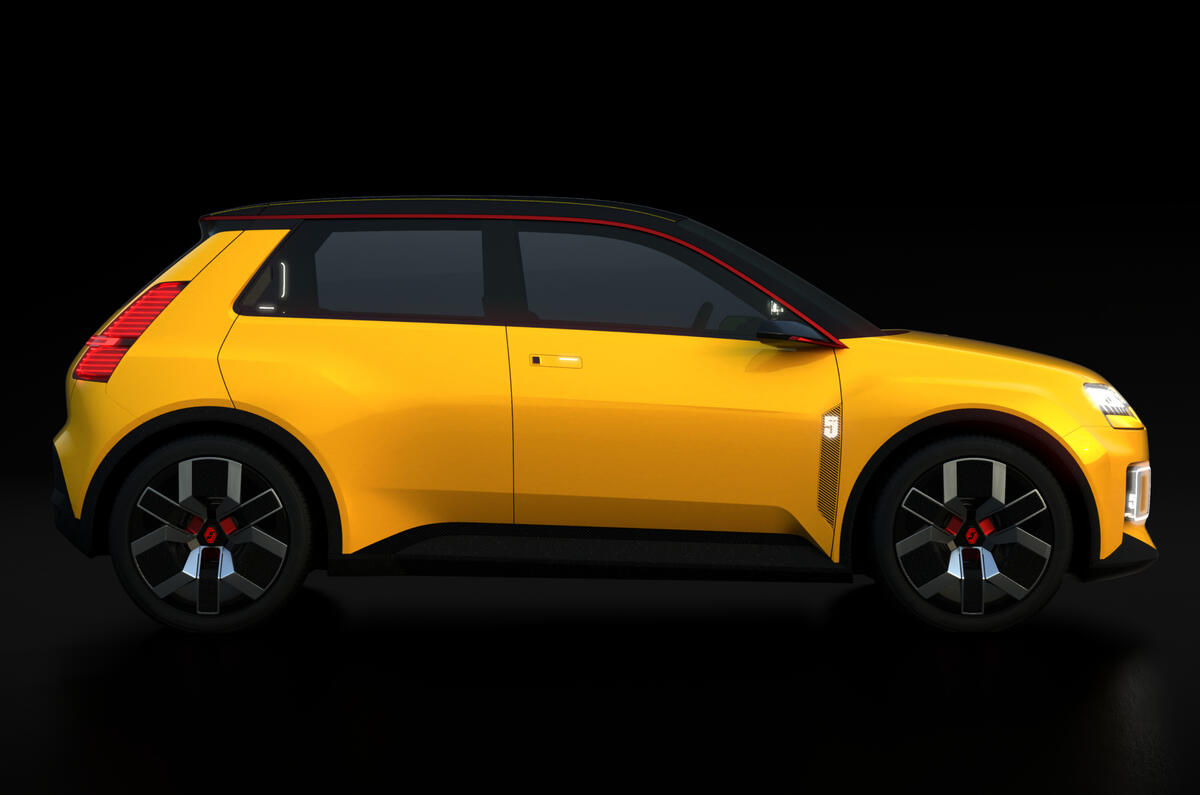
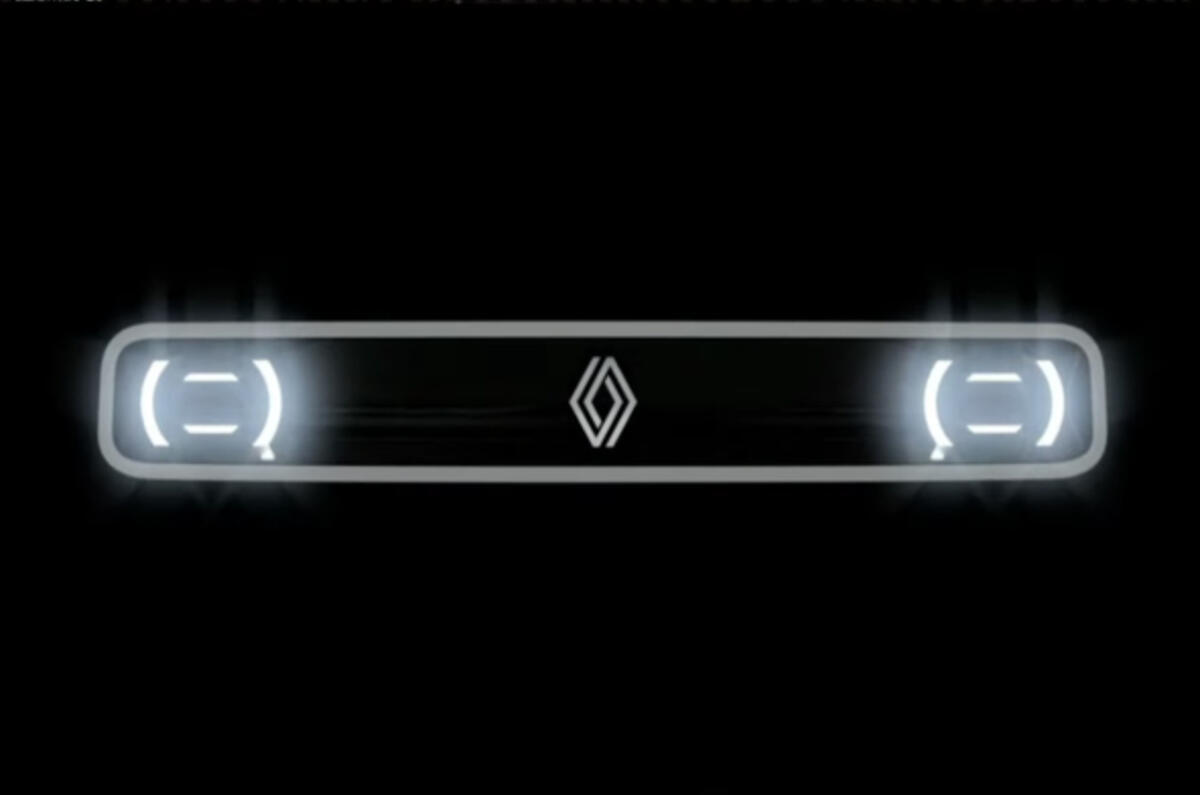

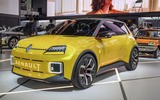




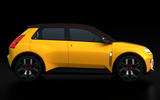







Join the debate
Add your comment
i loved your article i know this line is very common for u Vata Dosha
If these are a success, I hope Renault might do a bigger vehicle taking design cues from the 16.
The last picture in the gallery of photos in this article, of the grille and headlights, reminds me of the old Renault 14!